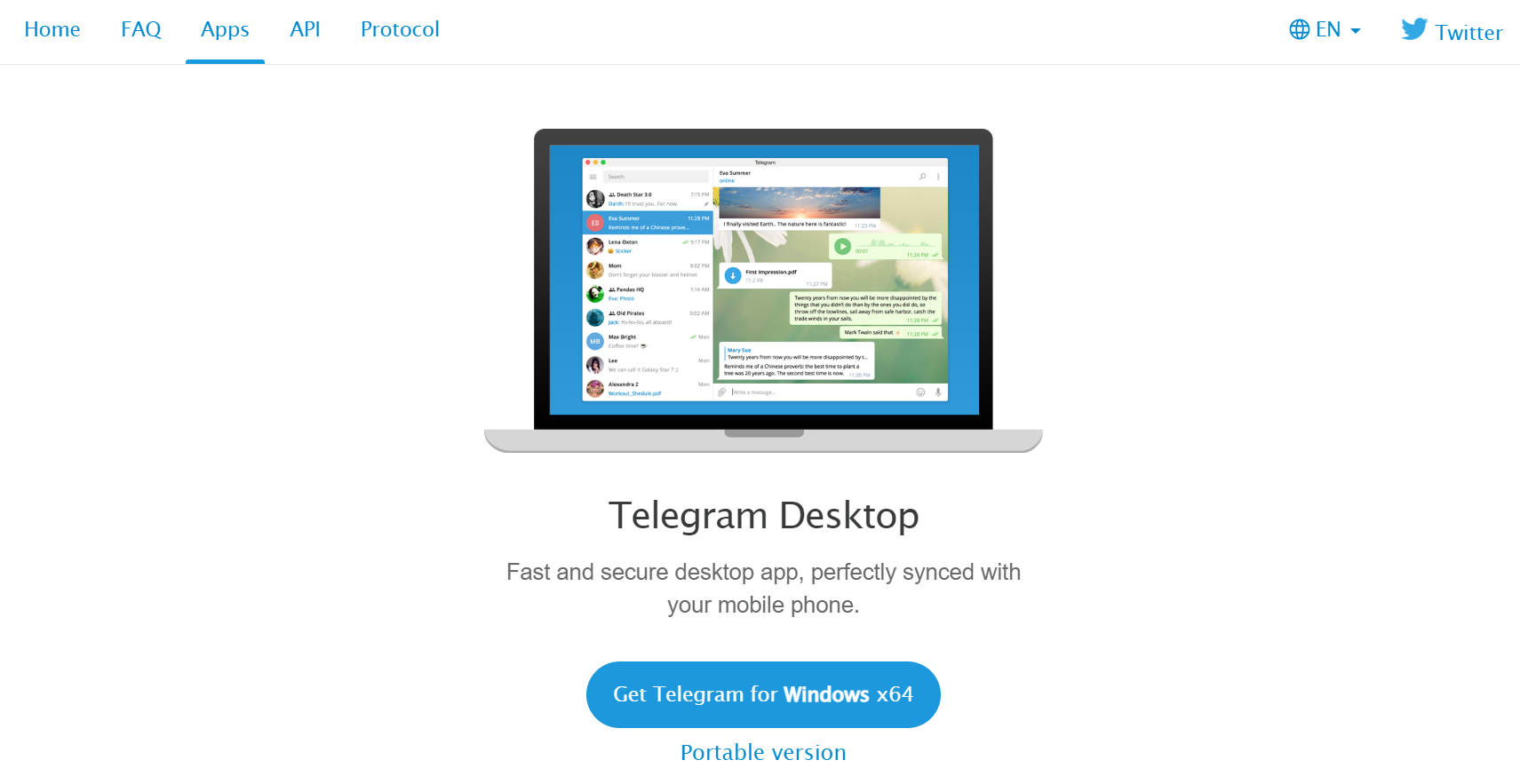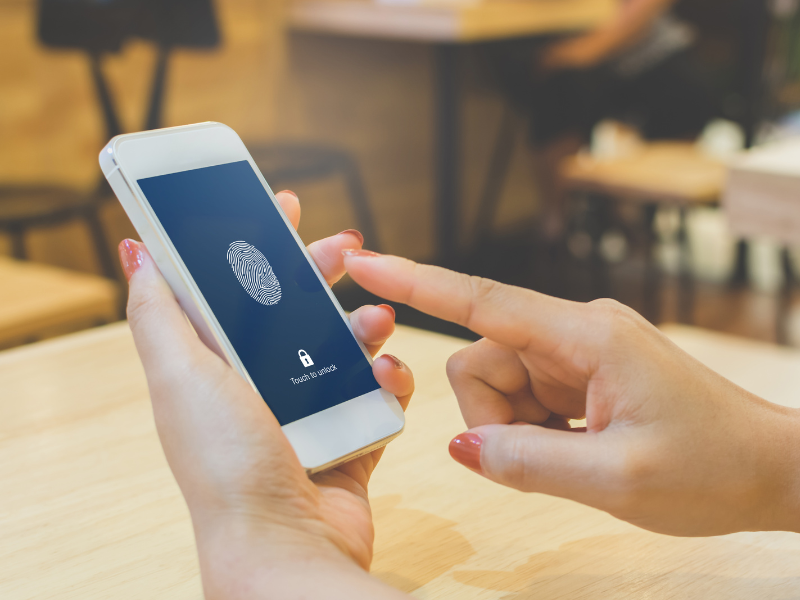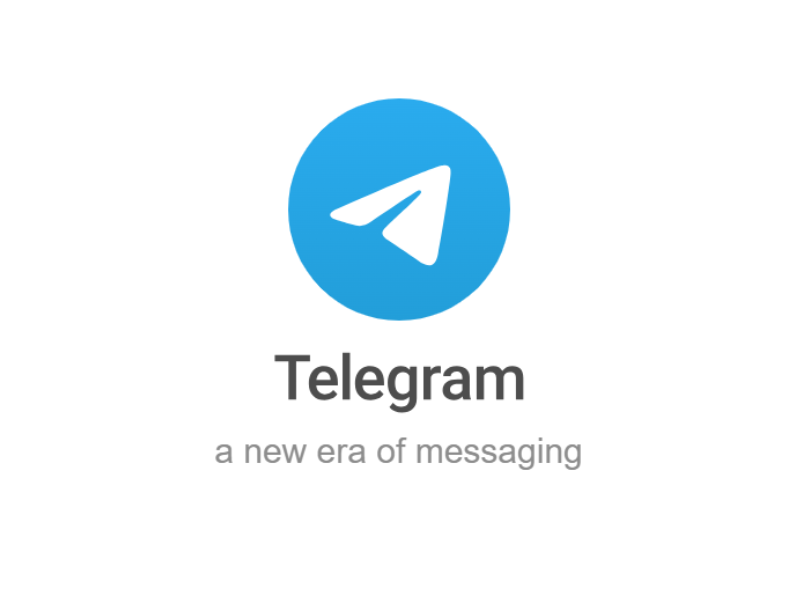Companies and businesses nowadays use Telegram to send and receive instant messages. After all, the secure and cross-platform solution comes with enhanced security. It also lets users connect using usernames instead of phone numbers.
Given what the app can do, will it suit those working or doing business in industries that require strict privacy and confidentiality practices? Take the healthcare industry, for example. Can this instant messaging solution safely handle messages containing sensitive patient details? Also, there’s the matter of compliance.
Is Telegram HIPAA compliant?
Table of Contents

The Role of Secure Messaging in Healthcare
Healthcare professionals, patients, and other stakeholders need HIPAA-compliant communications that assure privacy and safety from unauthorized parties. Messaging tools like Telegram facilitate the secure exchange of sensitive patient information, such as test results, diagnoses, and treatment plans. At the same time, these tools must meet stringent requirements for compliance.
Messaging solutions allow real-time collaboration. Healthcare providers can share updates on patient status and coordinate care plans, leading to improved quality of care. As timely communication is crucial for making informed decisions, especially during emergencies, tools that offer instant messaging can significantly improve response times.
For patients, secure and instant messaging equates to added convenience. Instead of waiting for phone calls or emails, they can quickly receive confirmation by sending an instant message. The thing is, having a secure messaging platform won’t suffice, especially when it has to do with meeting HIPAA requirements.
The same goes for Telegram. You must determine whether it complies with the Health Insurance Portability and Accountability Act (HIPAA).

Is Telegram HIPAA Compliant?
No, Telegram is not HIPAA compliant. Despite being known for its secure and instant messaging, there are limitations to what this app can do. One example is sending and receiving messages containing protected health information (PHI).
Although it supports self-destructing messages and two-step verification, these countermeasures aren’t enough to achieve Telegram HIPAA compliance. The said law requires that there must be an audit trail for every instance of patient information exchange. Telegram’s self-destructing messages and security chat options prevent this. The app’s ability to log and track all data exchanges has limitations.
HIPAA also requires the complete deletion of all the sensitive data exchanged by offboarded employees using their devices or accounts. With Telegram, this process can get too complex, and the only straightforward solution is to delete the entire account.
On top of this, the app’s end-to-end encryption isn’t enabled by default unless you switch to Secret Chats. On the other hand, Cloud Chats are accessible by default, which stores messages in servers using client-server encryption. This allows users to restore their message history when switching to another device.
More importantly, Telegram compliance requires signing a Business Associate Agreement (BAA) with a covered entity. The company does not support such requests.

What to Look For in a Secure Messaging Platform for Healthcare
So if Telegram’s security features don’t make the cut, what does? How do you know that an instant messaging platform is HIPAA compliant? Here’s what to look for in a secure messaging platform:
Authentication and authorization
Strong user authentication is essential. Choose a platform that supports multi-factor authentication (MFA) to enhance security. Additionally, ensure that users have appropriate authorization levels to access and share information based on their roles.
Access controls
Look for a platform that allows administrators to set granular access controls. This ensures that only authorized personnel can access certain types of information and perform specific actions within the messaging system.
Audit trails
The platform should maintain detailed audit logs that record user activities, such as message creation, access, and modifications. This is crucial for tracking who has accessed patient information and when.
Remote wipe and device management
If a device is lost or stolen, the messaging platform should provide the capability to wipe data remotely from the device to prevent unauthorized access. Device management features must enhance overall security.
Data residency, storage, and transfer
Consider where the data is stored and whether it complies with data residency regulations. If the platform allows the transfer of files, ensure that it supports secure file transfer mechanisms, including encryption of attachments. This is important for sharing diagnostic images, lab results, or other sensitive documents.
These features should be on top of basic security features like end-to-end encryption, regular security audits, and signed BAAs (Business Associate Agreements).
HIPAA-Compliant Telegram Alternatives
If you seek compliance with HIPAA, there are credible HIPAA-compliant messaging solutions you can check out instead of Telegram, like:
TigerConnect
This messaging solution uses 256-bit encryption for sent and received messages, ensuring they can’t be copied, pasted, or forwarded. It authenticates user identity before giving data access and even complies with the HITRUST CSF Assurance Program.
Weave
Weave offers HIPAA-compliant Team Chat, allowing private and group conversations, custom group messaging, desktop notifications, and access to conversation history. Its full suite of features promotes timely and efficient communication. Plus, everything your team needs is accessible in one place.
Zinc
Zinc provides military-grade encrypted text, voice, and videoconferencing services. You can switch from person-to-person or group messaging and enjoy HIPAA, COC2, and TRUSTe compliance.
While it’s tempting to use Telegram as an instant communication tool for healthcare, it’s best to steer clear of the platform when exchanging messages containing PHI. After all, the last thing you want is to go against HIPAA rules. Non-compliance could lead to hefty fines and severe legal punishments.
You are better off choosing a HIPAA-compliant alternative.







